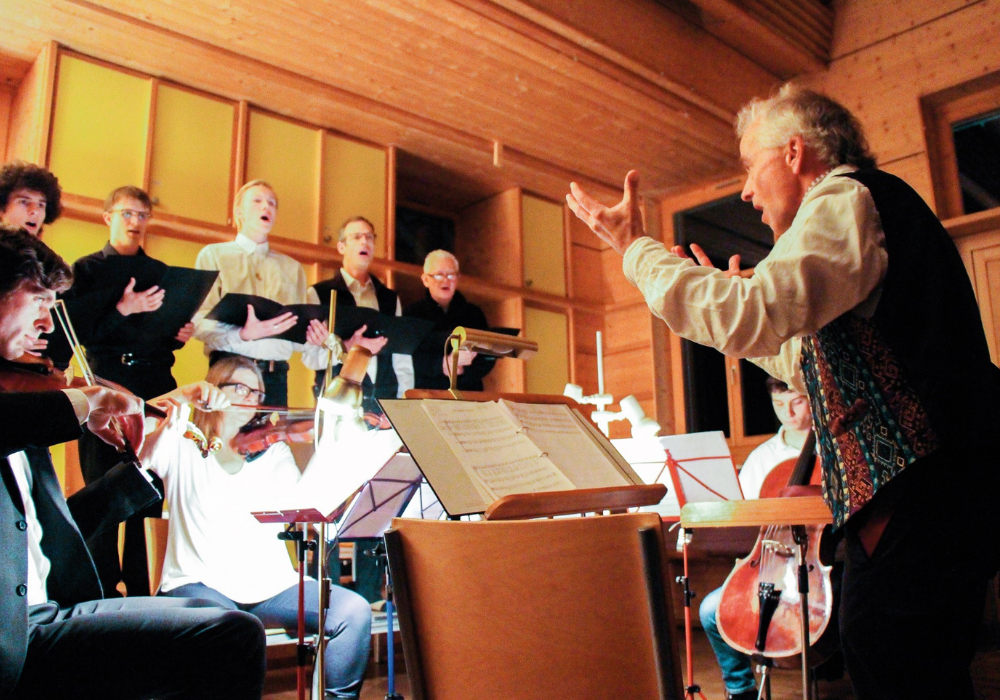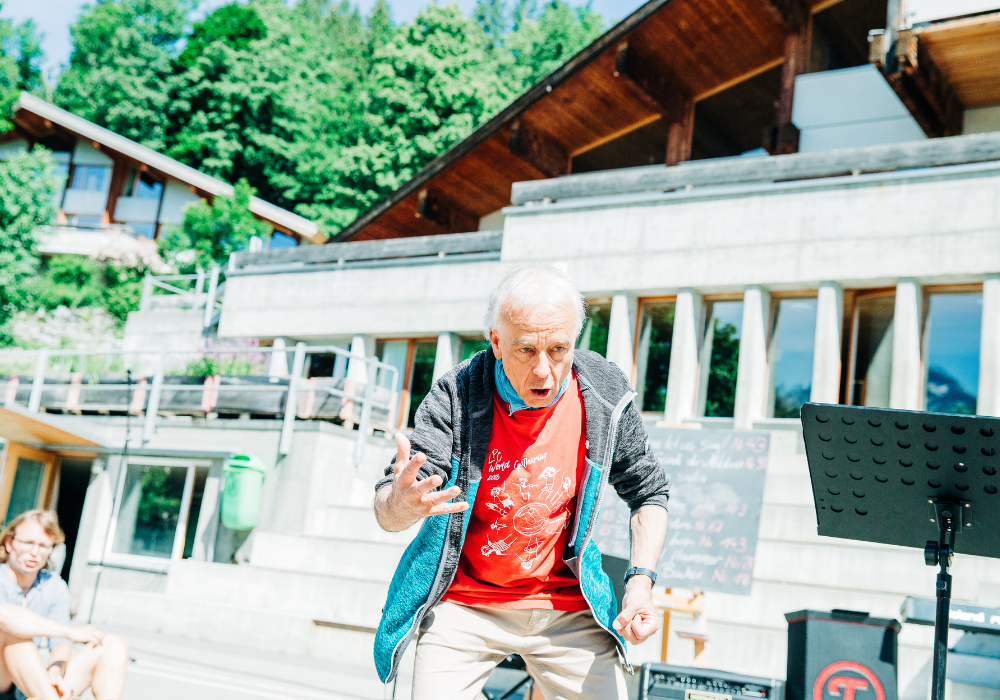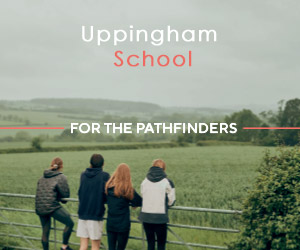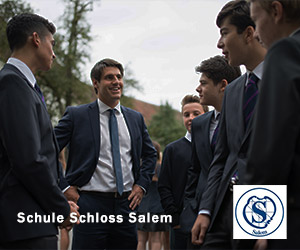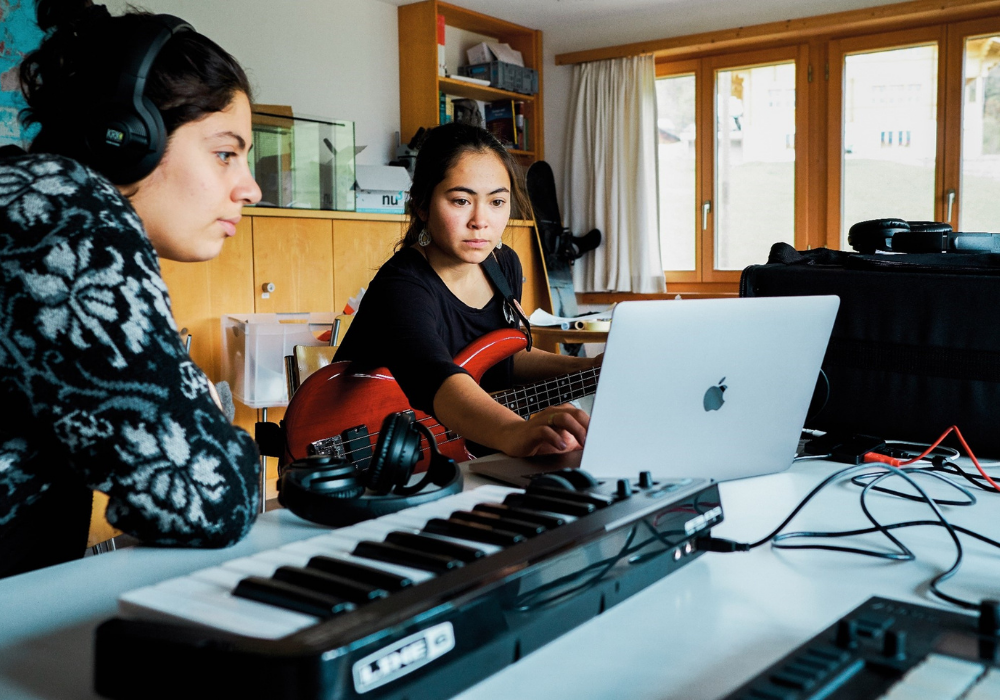
In Tune
10.02.22Welcoming instrument playing students from over 20 different countries, makes music an integral part of the Ecole d’Humanité ethos, as Music Teacher, Alessandro Viale explains
What role does music play at the Ecole d’Humanité?
Traditionally progressive for the past 87 years, the Ecole is a vibrant community of young men and women, diverse in age, culture and nationality, whose life together is marked by many traditions that have developed over time. One of the most cherished memories, that students keep in their hearts after leaving the school, is the Singing Assembly (Singgemeinde). Every Saturday, the whole school gathers together to sing. The chosen songs are of varying styles from all around the world and they form a repertoire that is expanded upon year after year. I conduct the orchestra supported by a diverse group of pupils and teachers. At our most recent event, we welcomed a large group of former students in their 70s, and it was touching to see how they still knew most of the pieces by heart.
How does music enrich the lives of students?
Thanks to a strong sense of collaboration among Ecole members, a 360 degree view on music is possible. Music combines with dance, theatre and even science. Last year, the Ecole won the Tête-à-Tête Competition for cultural promotion in the Canton of Bern. As part of this project, we explored sound and music across many relevant disciplines. The first step was building musical instruments as part of the Acoustics course. A significant number of students who play an instrument or sing, love to collaborate. Month after month, several bands and the school choir rehearsed to prepare their performances. The Ecole offers plenty of wonderful occasions to show the fruits of its labour: a talent show, musical evenings, community events, concerts and more.
What music genres and instruments are the most popular?
There’s a diverse range of instruments played. From banjo to erhu (a traditional Chinese bowed instrument), you can hear all kinds of sounds coming from students’ rooms. Piano is by far the most popular instrument, but many also play guitar, ukulele, string and brass instruments. Nine are studying singing. Pop, Rock and Classical music are the most popular genres, followed by Jazz, Folk and Rap.
You have a rich and diverse student body, how does this shape your approach to music?
I teach Mathematics, Physics and Music, as well as being a Head of Year; so I have many occasions to listen to students, to their hopes and their aspirations and shape my teaching accordingly. For instance, having witnessed how popular the storytelling course is, this year I offered to combine it with a seminar on music. This rich learning environment is the strength of our community: different languages and cultures coming together in a stimulating way, where everybody is accepted and involved.
COPYRIGHT © Abode2 2012-2024






